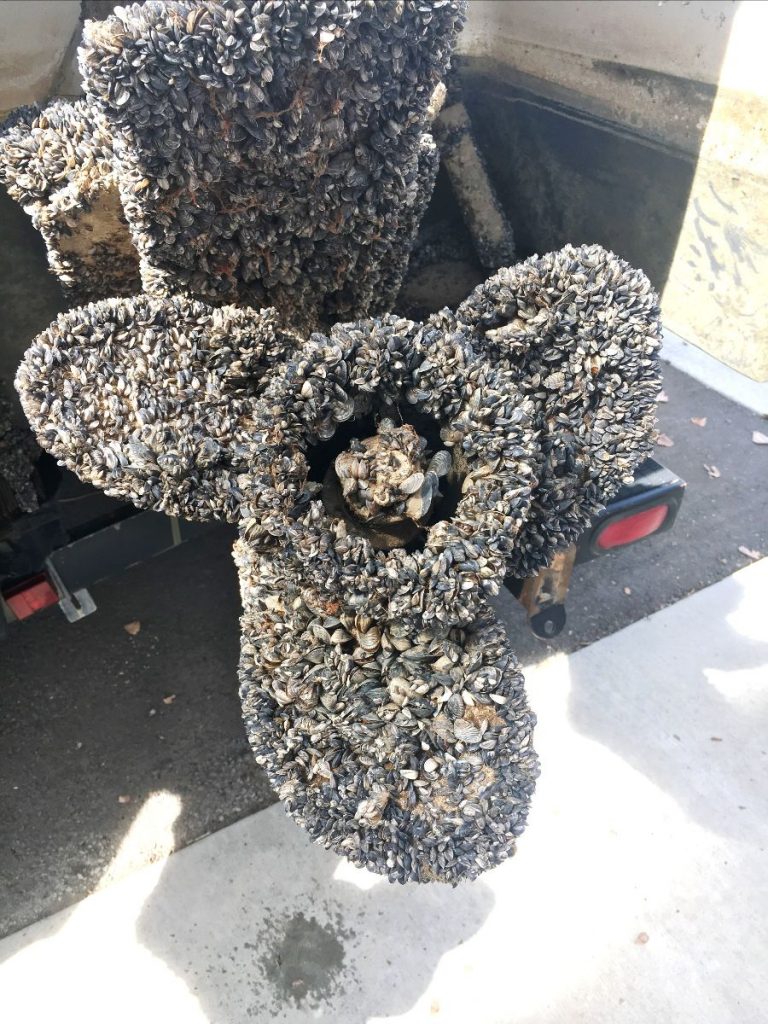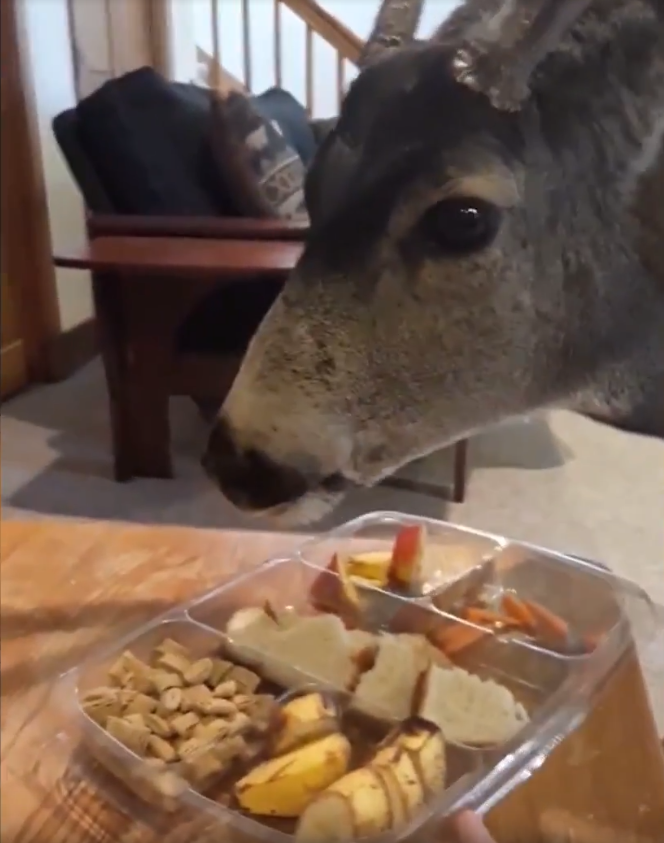Washington, D.C. – Today, Colorado U.S. Senator Michael Bennet and 30 of his Democratic Senate colleagues sent a letter to U.S. Secretary of Health and Human Services (HHS) Alex Azar requesting updates on the administration’s response to the novel coronavirus outbreak and information on the steps being taken to keep families safe.
In the letter, the senators asked HHS to provide the latest information regarding the severity of the disease, the country’s capacity to diagnose cases, what steps are being taken to prepare U.S. health care workers, what screening systems were in place at U.S. airports, and the status of a novel coronavirus vaccine. The senators also urged the department to continue its robust, scientifically-driven response to the outbreak and asked what steps Congress should take to support their efforts to keep families safe.
The letter comes on the heels of an announcement from the Colorado Department of Public Health & Environment (CDPHE) which said that two patients under investigation in Colorado have tested negative for the coronavirus and test results for a third patient are pending.
“We write to express concern about the rapidly evolving 2019 Novel Coronavirus (2019-nCoV), to urge your continued robust and scientifically driven response to the situation, and to assess whether any additional resources or action by Congress are needed at this time. A quick and effective response to the 2019-nCoV requires public health officials around the world work together to share reliable information about the disease and insight into steps taken to prevent, diagnose, and treat it appropriately,” wrote Bennet and the senators.
Despite the Trump Administration regularly calling for cuts to public health programs, Congress recently passed a budget deal that increased funding for the Centers for Disease Control and Prevention (CDC) and its Infectious Disease Rapid Response Reserve Fund, which provides the agency with an immediate source of funding to prevent, prepare for, or respond to an infectious disease emergency either at home or abroad.
In addition to Bennet, the letter was signed by U.S. Senators Patty Murray (D-Wash.), Maria Cantwell (D-Wash.), Sherrod Brown (D-Ohio), Dick Durbin (D-Ill.), Tammy Duckworth (D-Ill.), Tammy Baldwin (D-Wis.), Chris Murphy (D-Conn.), Jacky Rosen (D-Nev.), Jack Reed (D-R.I.), Kirsten Gillibrand (D-N.Y.), Amy Klobuchar (D-Minn.), Bob Casey (D-Pa.), Chris Van Hollen (D-Md.), Richard Blumenthal (D-Conn.), Ed Markey (D-Mass.), Tim Kaine (D-Va.), Tina Smith (D-Minn.), Elizabeth Warren (D-Mass.), Maggie Hassan (D-N.H.), Kamala Harris (D-Calif.), Mark Warner (D-Va.), Tom Carper (D-Del.), Debbie Stabenow (D-Mich.), Chuck Schumer (D-N.Y.), Jeff Merkley (D-Ore.), Robert Menendez (D-N.J.), Ron Wyden (D-Ore.), Angus King (I-Maine), Dianne Feinstein (D-Calif.), and Cory Booker (D-N.J.).
The text of the letter is available HERE and below.
Dear Secretary Azar,
We write to express concern about the rapidly evolving 2019 Novel Coronavirus (2019-nCoV), to urge your continued robust and scientifically driven response to the situation, and to assess whether any additional resources or action by Congress are needed at this time. A quick and effective response to the 2019-nCoV requires public health officials around the world work together to share reliable information about the disease and insight into steps taken to prevent, diagnose, and treat it appropriately.
Chinese health officials confirmed the first case of 2019-nCoV in Wuhan, Hubei Province, China in December 2019.[1] Since then, the case count has exploded in China, with nearly 3,000 confirmed cases as of the writing of this letter. At least 80 people have died.[2] Cases have now been confirmed on four continents.[3] On January 21, the first U.S. case was confirmed in Washington state, where state and local public health officials quickly responded with support from the Centers for Disease Control and Prevention (CDC).[4] A second U.S. case was confirmed in Chicago on January 24.[5] Subsequently, CDC confirmed two cases in California and one in Arizona, bringing the total U.S. case count to five.[6] Airport screening procedures have been put in place to screen all passengers arriving in the U.S. from Wuhan. In Wuhan, and across China, officials have enacted travel restrictions and canceled planned festivals to celebrate the Lunar New Year.[7] Even with these steps, the case count in China is expected to continue to rise, along with additional cases in the U.S. and around the globe. The World Health Organization is monitoring the situation closely, but has determined it is too early to formally designate this as a Public Health Emergency of International Concern.[8] A quick, robust, and comprehensive approach to this outbreak is critical, while also remaining aware that, according to CDC, “the immediate health risk from 2019-nCoV to the general American public is considered low at this time.”[9]
Unfortunately, the 2019-nCoV outbreak follows troubling proposals from the Trump Administration to cut the budgets of core public health programs at home and abroad. Yet, outbreaks like this serve as a solemn reminder of the need for an unwavering commitment to global health security and the need for strong public health programs worldwide.
We recognize the situation is evolving quickly and appreciate the information you have already provided. We ask you keep us apprised of developments as they occur, including any information related to the following questions:
1) What can Congress do to fully support the U.S. Government response to this outbreak?
2) How many HHS officials are currently engaged in the 2019-nCoV response domestically and abroad and in what capacities?
3) What is HHS’s best current judgment about the clinical severity of this disease?
4) What is the current domestic diagnostic capacity? How many facilities across the country are able to diagnose 2019-nCoV?
5) What is currently known about the risk 2019-nCoV poses to health care workers? How is CDC communicating with U.S. health care facilities to ensure providers remain healthy and safe? What additional guidance is being supplied to health care providers?
6) How many passengers have been screened by the airport screening procedures that are in place at American airports? How many potential cases have been identified as a result of this screening? Are there any planned changes to airport screening procedures?
7) What progress has been made on the development of a 2019-nCoV vaccine?
Thank you for your attention to this urgent issue.
Sincerely,
SPREAD THE NEWS
COMMENT, Like, Follow & SHARE @I70Scout












